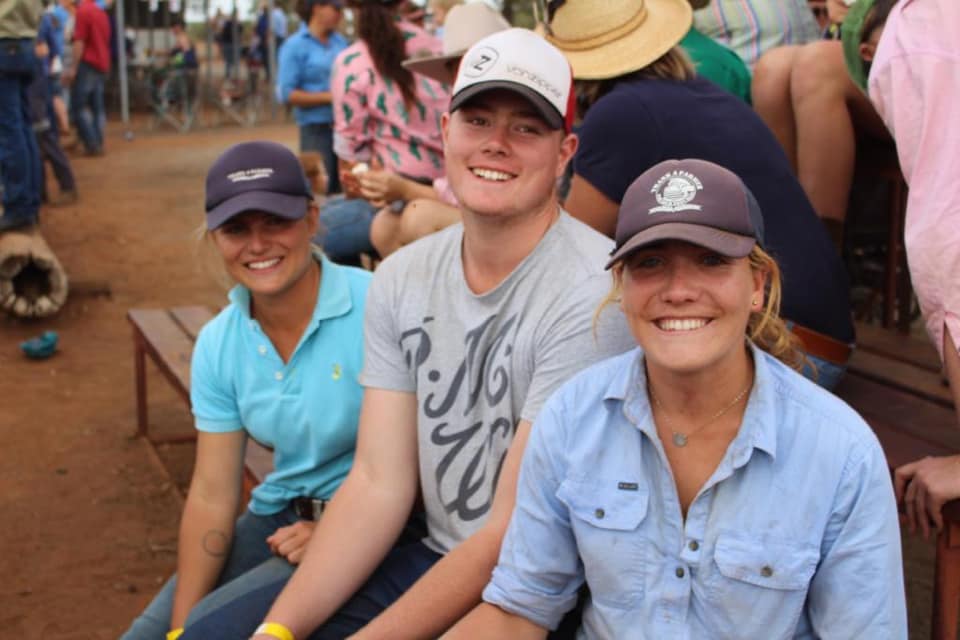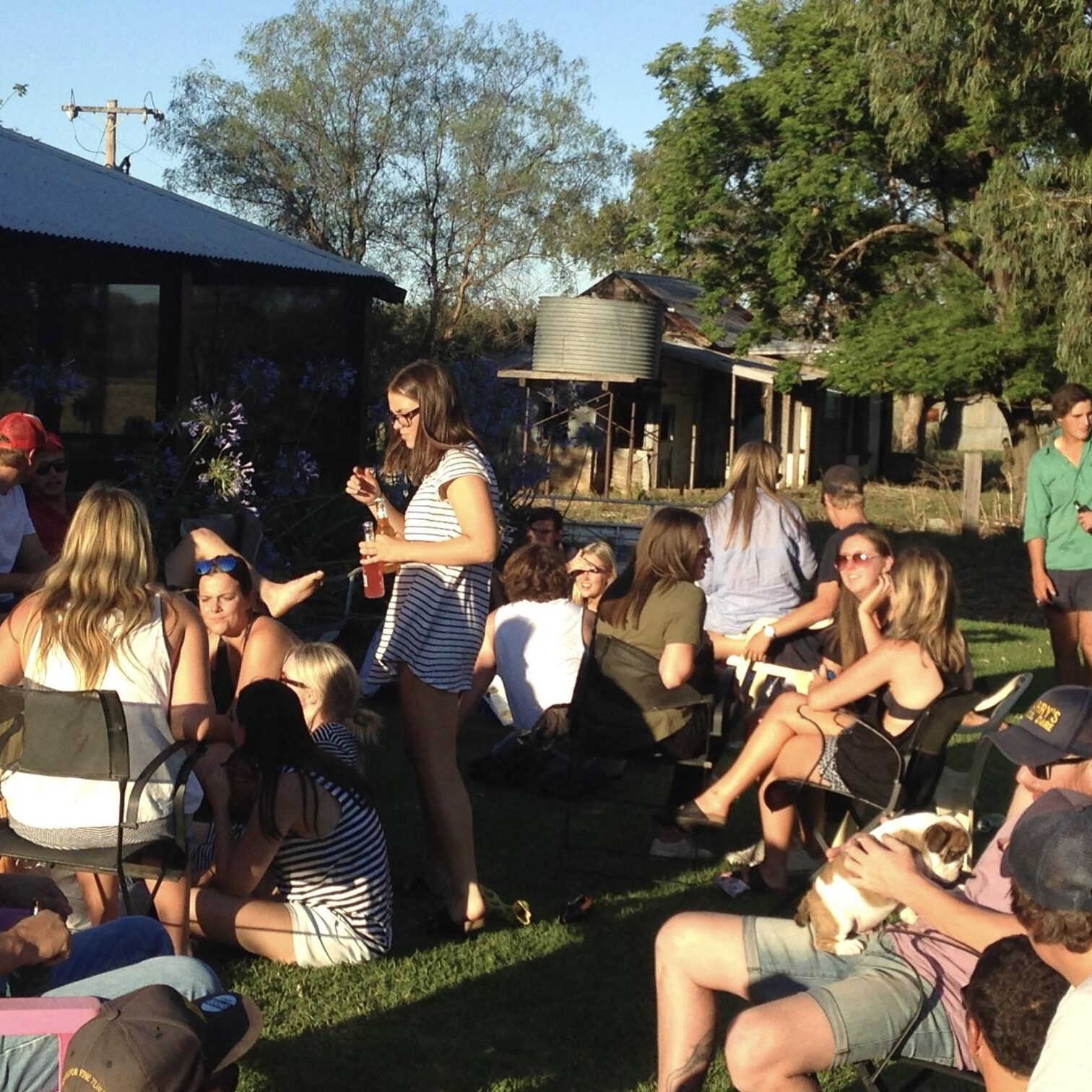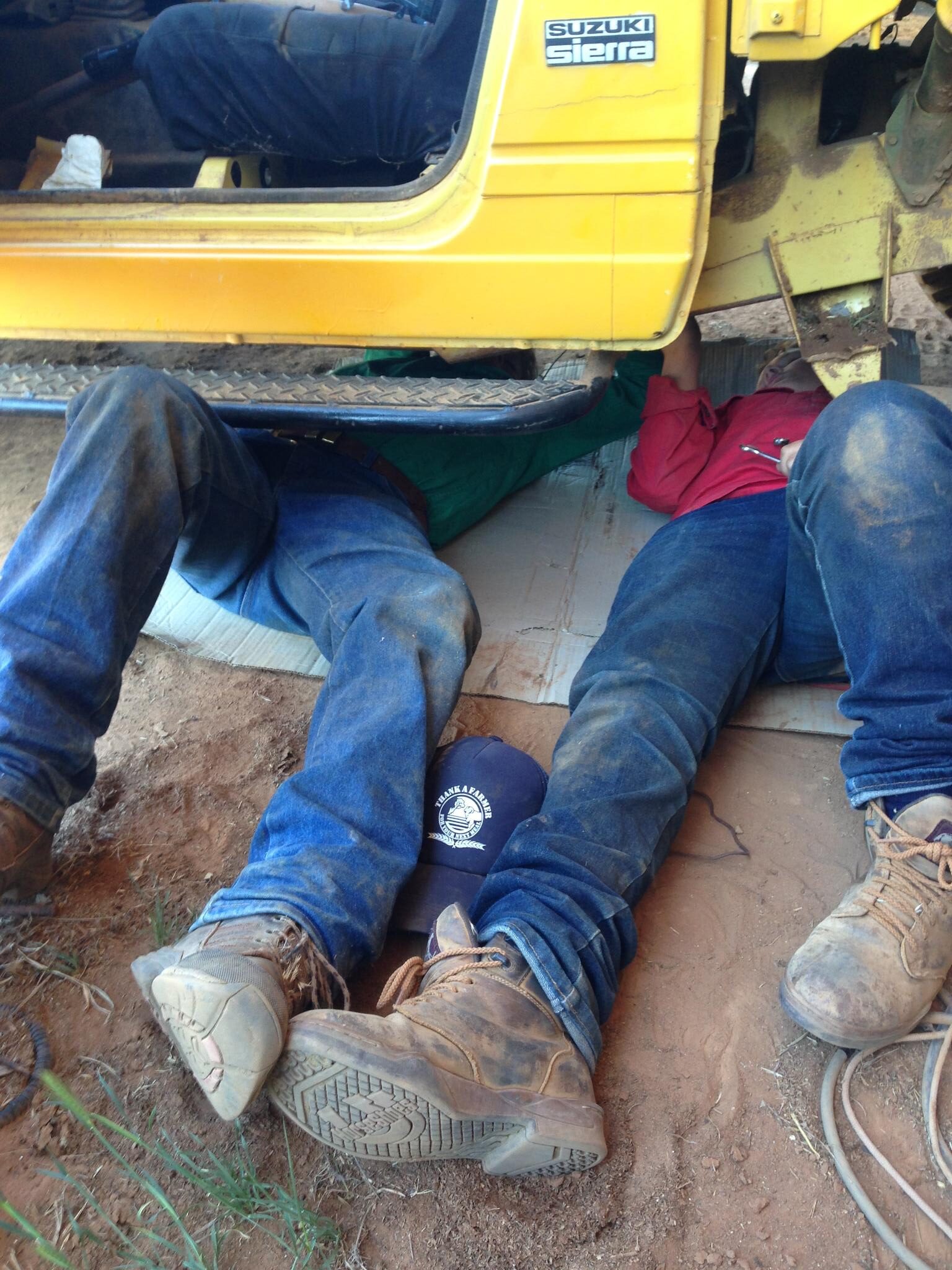An open letter to the quiet achievers of agricultural advocacy. Our boarders and their families. Wherever you call home.
It’s school holidays again. They roll around quickly. Right across rural and remote Australia there are families reunited. Together again for the ordinary. For the joy. For the day to day of life at home.
Then there’s the city kids and international students experiencing our way of life for the first time. The crop inspections. The dust settling as the truck heads off to the sale yards. The collection of eggs on a cold winter’s morning. The yarns around the campfire. The trips to town. The picnic races. The cordial parties. The campdrafts and rodeos.
The connections to rural and remote Australia are being forged so deeply they will never be broken, memories being made that will never be lost. These are our school holidays.
At a time when the divide between city and country feels insurmountably wide, there’s a quiet and powerful kind of agricultural (and rural regional) advocacy happening throughout the bush. It’s not delivered through social media campaigns or formal lobbying, but through friendships formed on the ovals, in the dorms, and around the lunch tables of our Australian boarding schools.
Agricultural bodies often struggle to be heard – their messages about food security, fibre production, sustainability and the devastation of drought can be hard to translate into everyday relevance for the average Australian. Yet quietly, gently, one rural boarder at a time, our boarding schools are doing what no billboard or parliamentary inquiry can: nurturing a genuine understanding of life on the land and in our rural towns.
More and more, we’re seeing that many kids – particularly those growing up in our big cities – are disconnected from where their food and fibre comes from.
The statistics are startling: at the recent Primary Industries Education Foundation Australia’s (PIEFA) conference it was highlighted that three-quarters of Year 6 students think cotton comes from an animal. That cows are still milked by hand into a bucket. It’s no wonder that agricultural literacy feels like a forgotten subject in many classrooms.
But in the boarding house, where country kids often bunk in with city kids and international students, or sit in classrooms together, something different is happening. There’s a kind of grassroots advocacy going on. These aren’t policy debates or school projects – this is the real thing. Real conversations. Real exposure to rural life. A culture shared not by lecturing, not by glossy media campaigns, but simply by living alongside each other.
And let’s be clear – this isn’t new. For generations, country families have sought broader educational opportunities for their children beyond what’s available in rural and remote communities. It’s been a long-time response to the postcode penalty. But today, more than ever, the role of country boarders in city schools feels vital somehow. Urgent even.
At the 2023 Australian Boarding Schools Summit, the panel discussion Country Culture in the Boarding House opened up this very conversation. One of the speakers, Natalie Kenny from North Queensland, spoke about the joy of having her kids’ school friends – from cities and overseas – spend time on their cattle station. There, they got a crash course in everything from growing fodder crops to feedlotting cattle. Over dinner, they chatted about the ethics and logistics of live export. The moral obligation of countries like Australia to ensure that third world countries have access to protein even though they have no access to refrigeration. And every moment of it was real. Unfiltered. Life on the land, shared firsthand.
These moments aren’t limited to one property or one family. Hosting city kids has been happening for as long as I can remember. In fact, it was my introduction to the country – as a teenager visiting a boarder friend’s family in the bush. I’ll never forget the feeling of crisp, clean air. The frost beneath my impractical city sandshoes. The stars… oh my the stars.
And it didn’t matter if the boarder was off a farm or from a town. Just being part of that community – hanging in the main street, mucking around on the tennis courts, popping into the local bakery. Everyone knew my host family. The newsagent wanted to know how school was going. It all left a mark. It planted something in me. That sense of belonging, of connection, of knowing where things come from and how they’re grown – I’d never experienced that in the city.
For me, the impact was life changing. I went country… full throttle country. I didn’t last at University in the city, instead I headed to Ag college and before I knew it I’d made a life on the Central Western Slopes and Plains of NSW. Married a farmer. Raised country kids who themselves went off to boarding school – and brought home their own crop of city friends for the holidays.
And there I was, the girl from the city, teaching a teenager from Sydney how to start a syphon. Explaining where their jeans come from as we drove past cotton fields. Cleaning out troughs on a frosty morning and talking about the importance of clean water for our livestock. Wrapping up harvest with a couple of icy cold ones and a pot of freshly caught yabbies. Chasing chooks into the pen on dusk with a few haphazard city kids. I had become that country mum, that quiet advocate for rural Australia and I know, from lived experience, that it matters.
Because in those moments, minds are opening. Perceptions are changing. And while we’re not handing out flyers or lobbying for headlines, we’re doing something just as powerful. We’re building bridges.
So bravo to our boarding schools – the ones filled with day students and city families who openly admit their school would feel hollow without its country boarders. These schools are more than just places of learning – they’re melting pots of culture, connection and genuine advocacy.
And bravo to our boarders who fill the wagon with their city mates and have rural parents all over the country navigating logistics, cooking up a storm. And all the while they’re advocating through friendship what it means to be rural. Truly rural. What it means to live on the land, in the small towns and our regional centres.
If you’re looking for a reason to be hopeful about the future of agricultural literacy in Australia, look no further than the boarding house. You’ll find it there – in the muddy boots, ripped work shirts, and open hearts of the next generation.

Have you finished your boarding school journey ? Share our news…. tell your friends and family who might be on their way. Our website provides almost 20 years of resources and experience to families and students considering their options and beginning their days at boarding school.
Share

